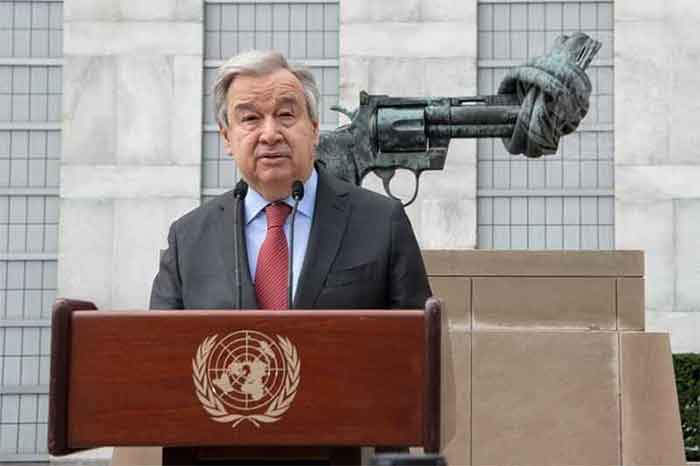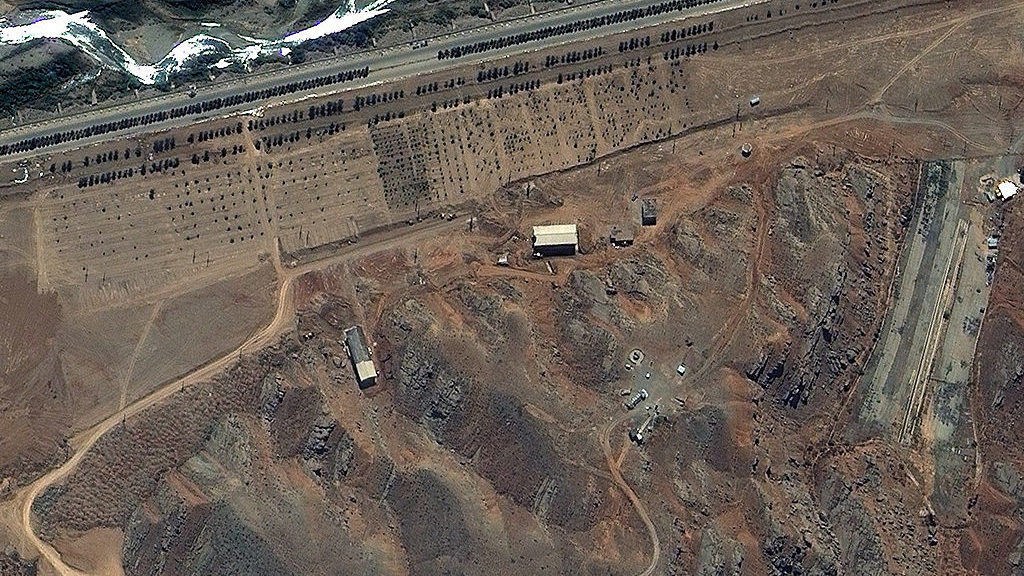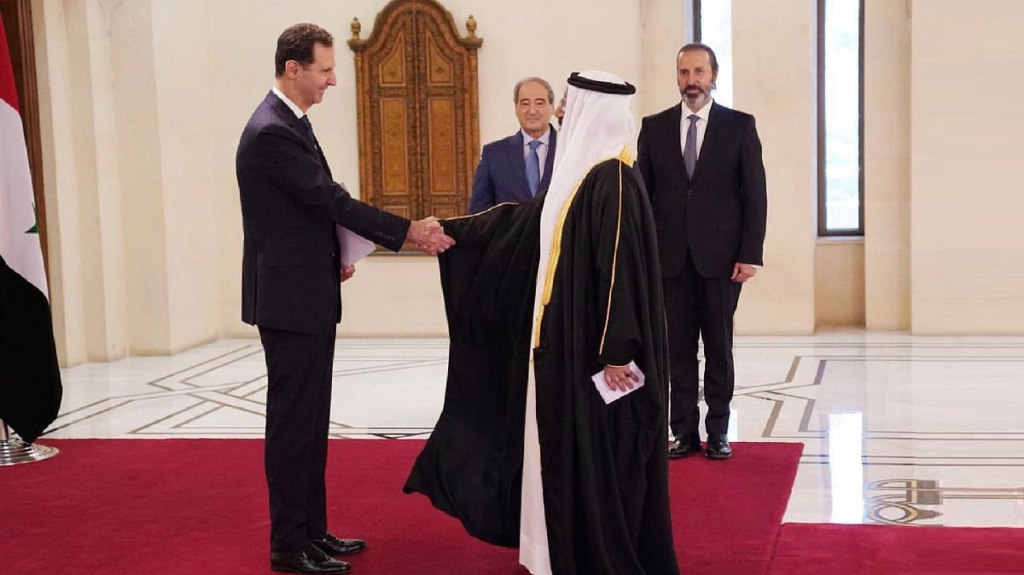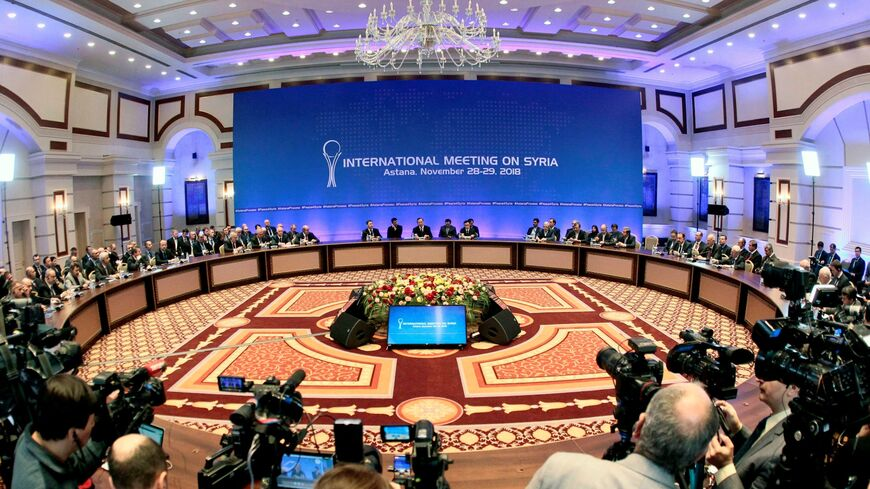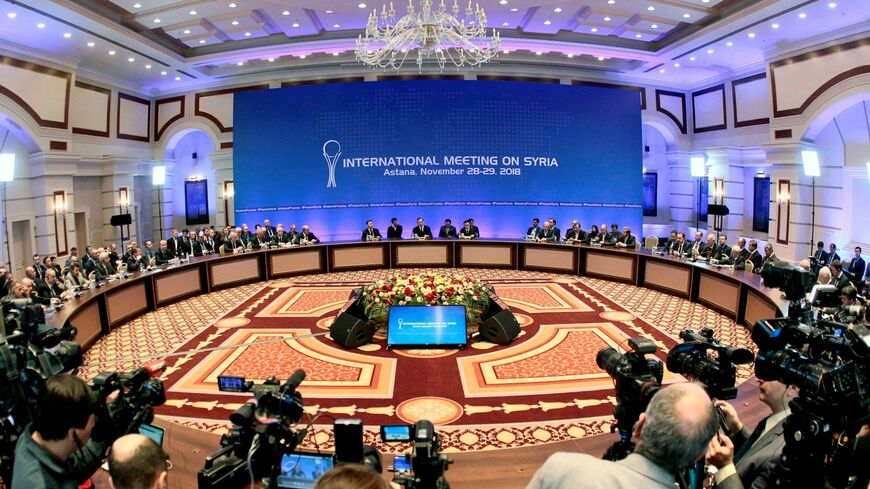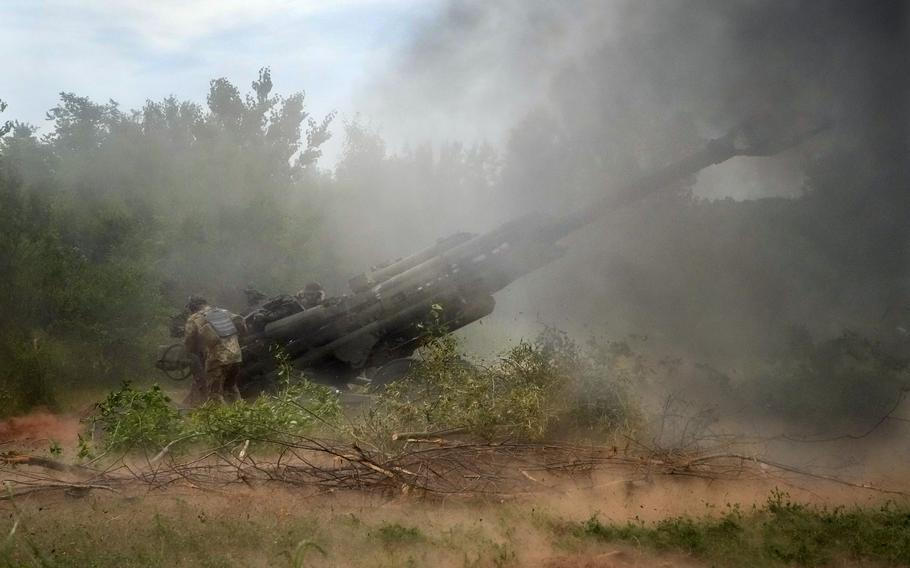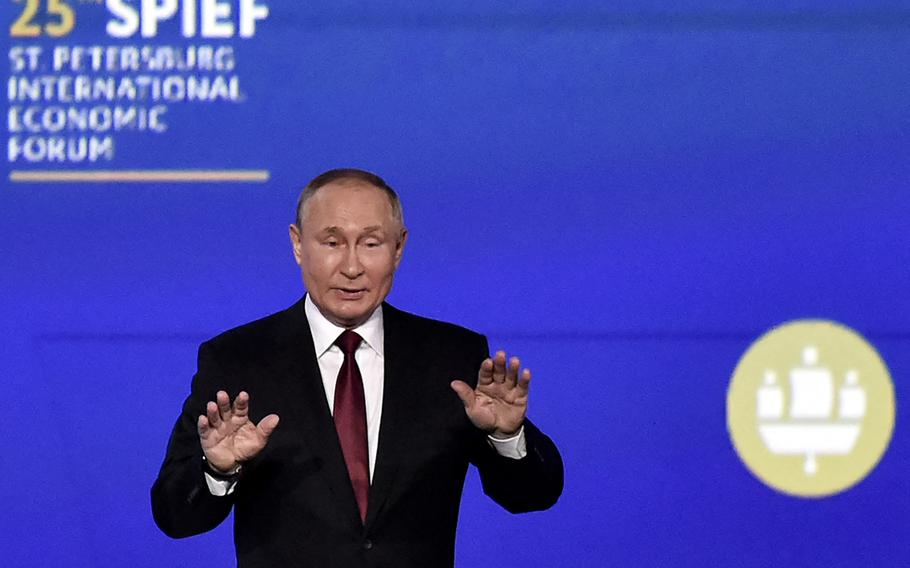A Permanent Shortage of Everything
Globalists were wrong. The world isn’t flat.

The world isn’t flat, it’s all too round…. That’s why Islam is once again at war with Europe, Russia is invading Ukraine, China is relaunching its empire, and the ‘flatland’ is experiencing a dimensional shift.
Globalization advocates had just recreated Marxist central planning with a somewhat more flexible global model in which massive corporations bridged global barriers to create the most efficient possible means of moving goods and services around the planet. Borders would come down and cultural exchanges would make us all one ushering in the great union of humanity.


